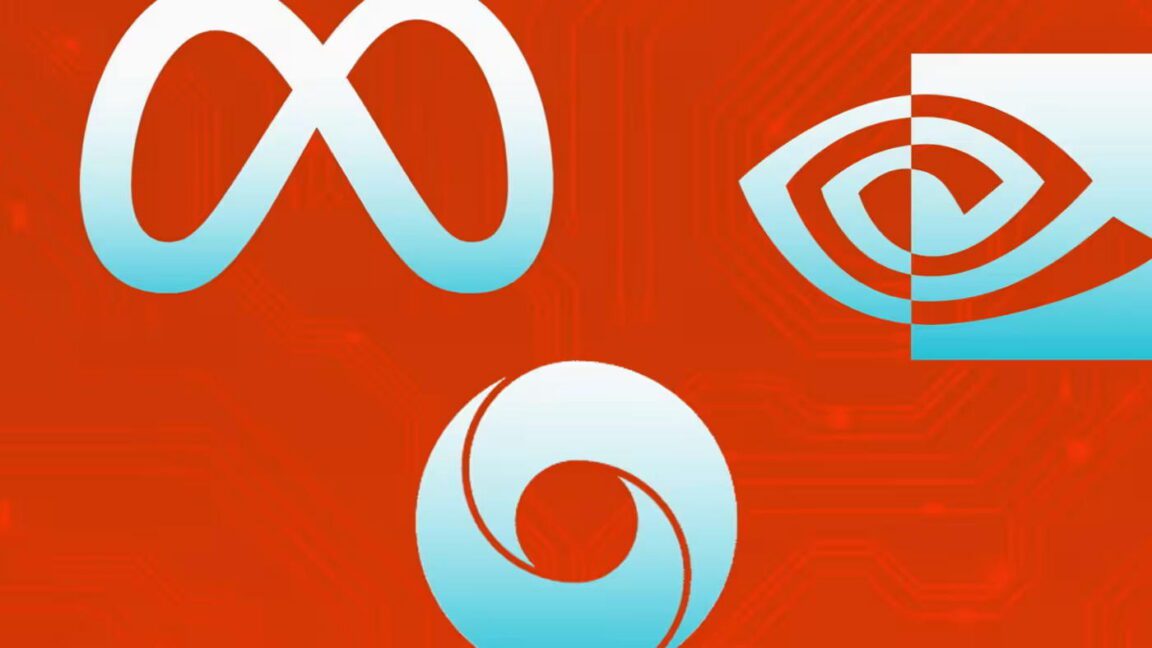
anthropic releases claude sonnet 4 5 in Anthropic has unveiled its latest AI model, Claude Sonnet 4.5, which has demonstrated remarkable advancements in autonomous coding capabilities.
anthropic releases claude sonnet 4 5 in
Overview of Claude Sonnet 4.5
Claude Sonnet 4.5 represents a significant leap in artificial intelligence technology, particularly in the realm of coding and AI agents. This model was designed to operate independently, showcasing its ability to run for an impressive 30 hours without human intervention. During this time, it successfully developed a chat application similar to popular platforms like Slack and Microsoft Teams, generating approximately 11,000 lines of code. This accomplishment not only highlights the model’s technical prowess but also positions Anthropic as a formidable player in the competitive landscape of AI development.
Advancements in Autonomous Operation
The autonomous capabilities of Claude Sonnet 4.5 are particularly noteworthy. Previously, Anthropic’s Opus 4 model, which was released in May, made headlines for its ability to run for seven hours autonomously. The jump to 30 hours with Claude Sonnet 4.5 marks a significant enhancement in the model’s operational efficiency and reliability. This extended operational period allows for more complex tasks to be undertaken without the need for constant human oversight, a feature that could revolutionize how AI is utilized in software development and other fields.
Technical Specifications
While specific technical specifications of Claude Sonnet 4.5 have not been disclosed in detail, the model is built upon Anthropic’s ongoing research into AI safety and alignment. The company has consistently emphasized the importance of creating AI systems that are not only powerful but also aligned with human values and ethical considerations. This focus on safety is crucial, especially as AI systems become more autonomous and capable of performing complex tasks.
Implications for AI Development
The advancements represented by Claude Sonnet 4.5 could have far-reaching implications for the future of AI development. As AI systems become more capable of performing tasks independently, the potential for increased productivity and efficiency in various industries becomes apparent. For software development, this means that developers may soon rely on AI to handle more routine coding tasks, allowing them to focus on higher-level design and strategy.
Market Competition
The release of Claude Sonnet 4.5 comes at a time when competition in the AI space is intensifying. Major players like OpenAI, Google, and Microsoft are also investing heavily in AI technologies, particularly in the areas of natural language processing and autonomous coding. Anthropic’s claim that Claude Sonnet 4.5 is “the best model in the world for real-time coding” suggests that the company is positioning itself to capture a significant share of the market.
Comparison with Competitors
In comparison to other AI models, Claude Sonnet 4.5’s extended operational time sets it apart. For instance, OpenAI’s Codex, which powers GitHub Copilot, has been widely recognized for its coding capabilities but does not operate autonomously for extended periods. Similarly, Google’s AI models have made strides in natural language understanding but may not yet match the autonomous coding capabilities demonstrated by Claude Sonnet 4.5.
Stakeholder Reactions
The announcement of Claude Sonnet 4.5 has garnered attention from various stakeholders in the tech industry. Developers and software engineers are particularly interested in how this model could streamline their workflows and enhance productivity. Many are optimistic about the potential for AI to take over mundane coding tasks, freeing them to engage in more creative and strategic aspects of software development.
Concerns and Ethical Considerations
Despite the excitement surrounding Claude Sonnet 4.5, there are also concerns regarding the implications of increasingly autonomous AI systems. Ethical considerations surrounding AI safety, bias, and accountability remain paramount. As AI models like Claude Sonnet 4.5 become more capable, the need for robust frameworks to ensure their responsible use becomes even more critical. Stakeholders are calling for ongoing discussions about the ethical implications of AI and the importance of aligning AI systems with human values.
Future Prospects
The release of Claude Sonnet 4.5 signals a promising future for AI technology. As Anthropic continues to refine its models and push the boundaries of what is possible with AI, the potential applications for these technologies are vast. From automating routine coding tasks to assisting in complex problem-solving, the possibilities are endless.
Potential Applications
Some potential applications of Claude Sonnet 4.5 and similar AI models include:
- Software Development: Automating coding tasks, debugging, and even generating entire applications based on user specifications.
- Customer Support: Developing intelligent chatbots that can handle customer inquiries with minimal human intervention.
- Data Analysis: Assisting in data processing and analysis, providing insights that can inform business decisions.
- Content Creation: Generating written content, from articles to marketing materials, based on predefined parameters.
Conclusion
Anthropic’s release of Claude Sonnet 4.5 marks a significant milestone in the evolution of AI technology. Its ability to autonomously code for 30 hours is a testament to the advancements being made in this field. As competition heats up among AI developers, the implications of these technologies will continue to unfold, shaping the future of software development and beyond. The ongoing dialogue surrounding ethical considerations and responsible AI use will be crucial as we navigate this rapidly changing landscape.
Source: Original report
Was this helpful?
Last Modified: September 29, 2025 at 10:46 pm
0 views














